About Us
The Faculty of Islamic Studies at the Indonesian International Islamic University (IIIU) established the Center of Islam and Global Challenges (IGC) in 2023 under Dean Decree number 02/DEK/FSI/1/2023. The Center aims to foster cutting-edge research at the intersection of Islam and global issues. Since the terrorist attacks of 9/11, Islam has often been viewed as a problem to be studied, analyzed, and resolved. The Center, however, seeks to shift this perspective by showcasing Islam’s potential to inspire creative ways to think of our global challenges. It is dedicated to facilitating pioneering research on issues with global implications, maintaining Islam as the central focus of these academic efforts.
Vision
The vision of the Center is rooted in our belief that humans bear a collective responsibility for the well-being of the Earth. Recognizing our shared existence on this planet, the Center asserts that Muslims, too, carry a duty to contribute to finding solutions to the challenges facing humanity, and that their voices deserve to be heard. Accordingly, the Center’s vision is to engage Islam in dialogue with the pressing global issues threatening humanity. In pursuit of this vision, the Center aims to become a beacon of excellence in research and training, exploring how Islam can inspire diverse approaches to engaging with, analyzing, and resolving global challenges.
Focus
The terms “Islam” and “Global Challenges” are employed in the broadest sense within our context. Islam encompasses not only religion but also tradition, civilization, and culture. Similarly, we avoid confining global challenges to specific disciplinary boundaries such as politics, ecology, or economy. Instead, we interpret the term to encompass contemporary issues that pose threats to humanity as a whole. While climate change, environmental crises, and peacekeeping normally fall within the scope of the Center, we are equally interested in addressing issues such as social injustice, ethical decline, and artificial intelligence. The Center does not prioritize any particular geographical region; rather, we encourage any study that is socially relevant, ethically sound, and academically rigorous.
Activities
To foster research on Islam and Global Challenges, the Center employs various initiatives. These include offering fellowships, supporting academic research and publications, conducting student training programs, and hosting conferences, workshops, and public lectures. Additionally, the Center facilitates multidisciplinary research by organizing regular colloquiums and seminars for members of the Faculty of Islamic Studies. It frequently welcomes academics and visiting researchers from diverse disciplinary backgrounds worldwide. Furthermore, an Annual Summer School is held for postgraduate students to promote interdisciplinary research in Islamic Studies. In tandem with these endeavors, the Center actively collaborates with institutions worldwide to advance research on Islam in the contemporary world.
People
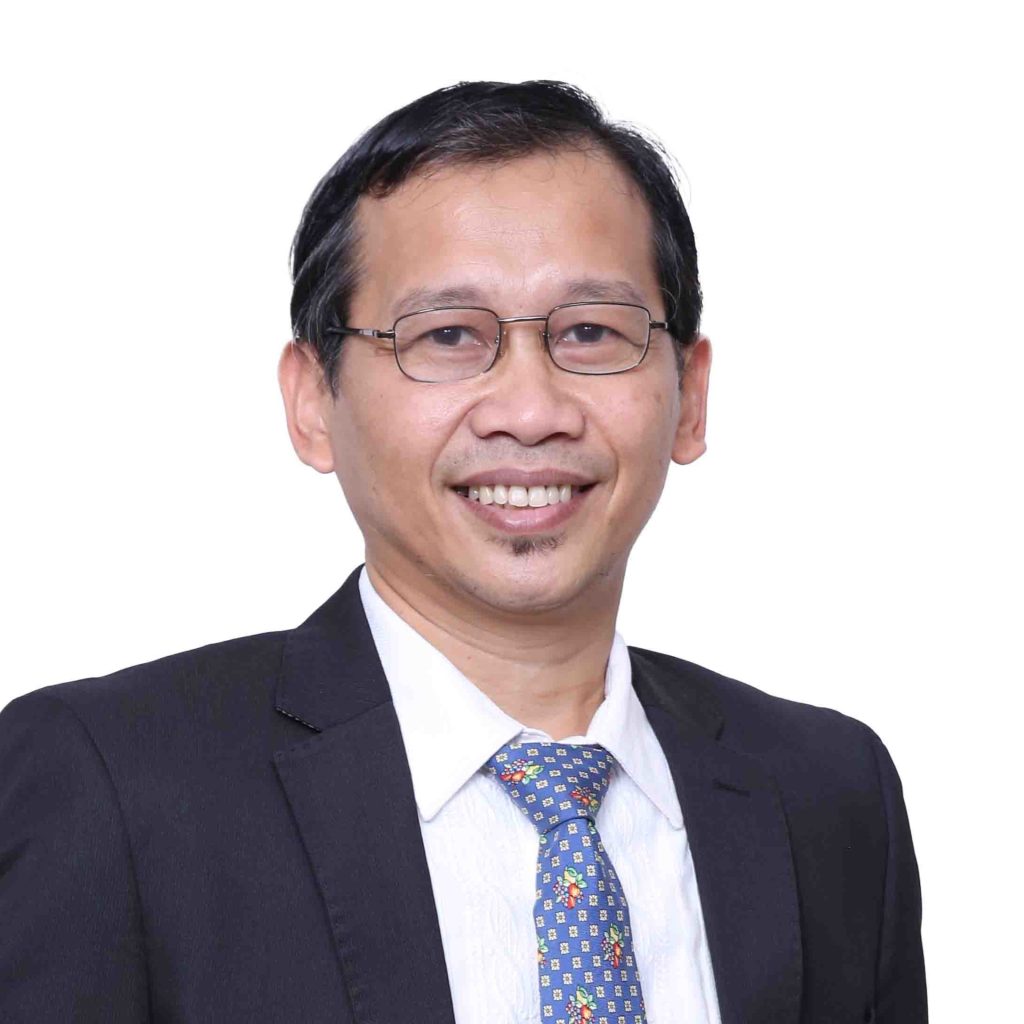
Dr. Farid F. Saenong
Director
Dr Saenong is a lecturer of the Faculty of Islamic Studies, Indonesian International Islamic University (UIII). He obtained his PhD from the Australian National University, and MA from the University of Manchester and Leiden University. His research interests include, but are not limited to, Islamic studies, anthropology of Muslim society, deradicalization studies, and text critiques.
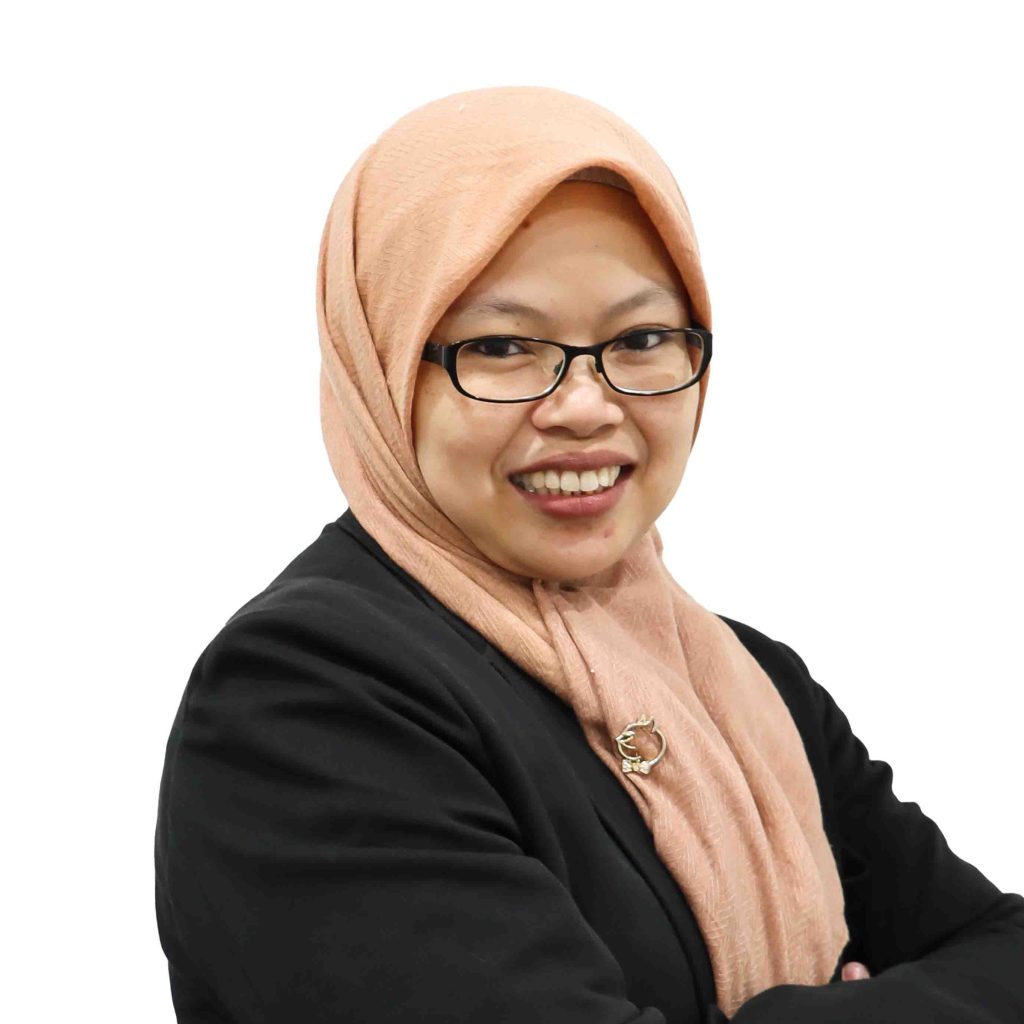
Haula Noor, Ph.D.
Co-Director
She received her PhD from the Australian National University’s Coral Bell School of Asia and Pacific Affairs. Her doctoral dissertation examined the role of family context in creating individuals’ decision to become jihadists. She obtained her BA in Psychology and an MA in Interdisciplinary Islamic Studies, both from the Syarif Hidayatullah State Islamic University of Jakarta.
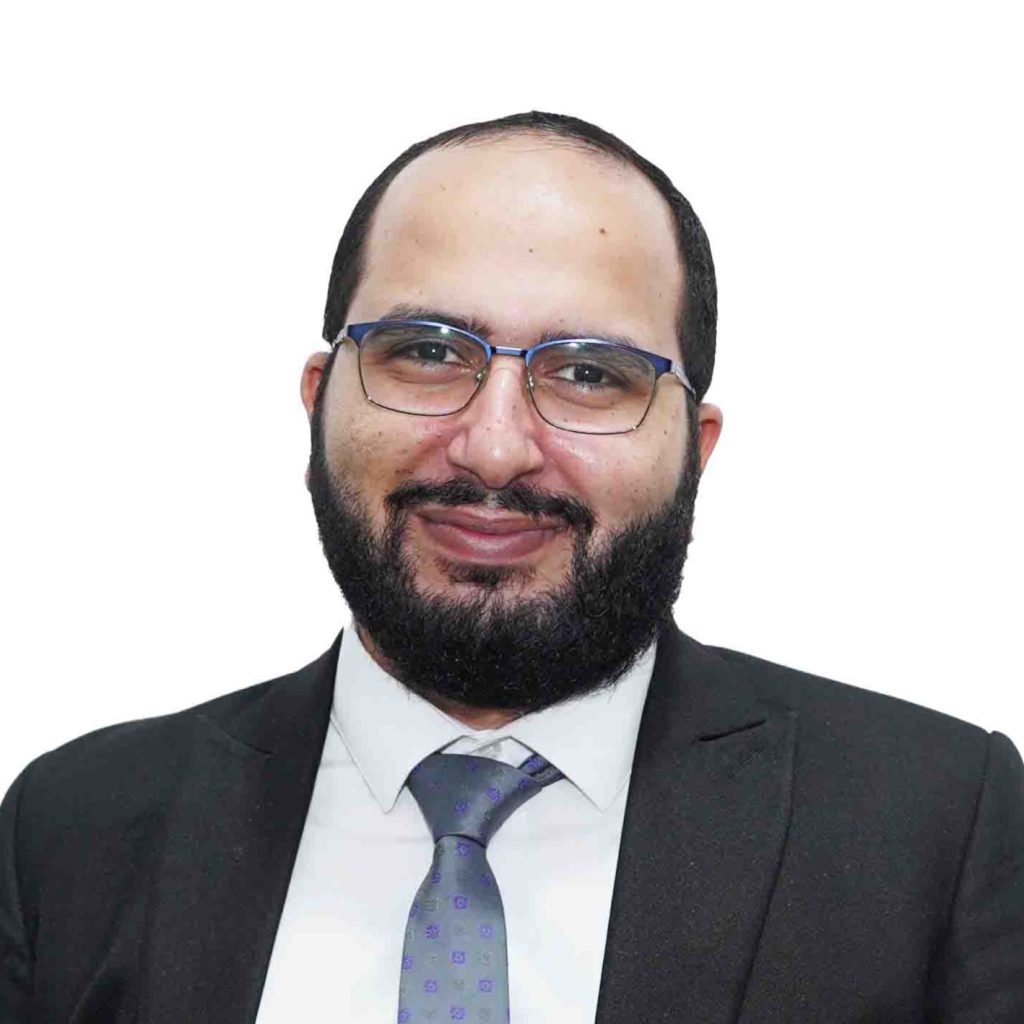
Dr. Muhammad al-Marakeby
Former Director/Member
Muhammad al-Marakeby is an Azhari scholar who pursued his postgraduate studies in the Western academia. He was awarded his Ph.D. in Islamic studies from the University of Edinburgh, UK. His areas of expertise include Islamic law, modern Islamic thought, decolonization theory, Islamic history, and Muslim-Christian relations.
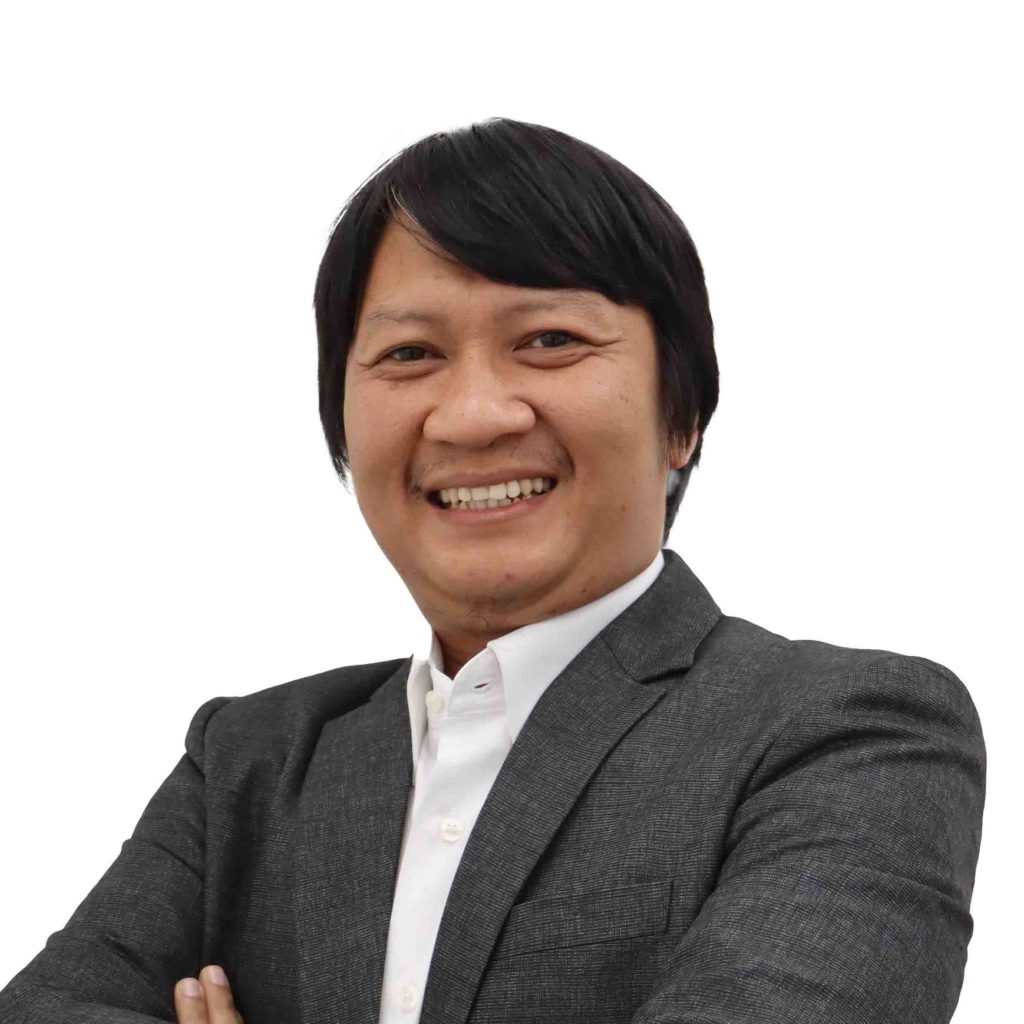
Zezen Zaenal Mutaqin, S.J.D
Member
Dr. Mutaqin is a distinguished scholar with a Legal Master’s degree from the University of Melbourne, School of Law, and a Science of Juridical Doctor (S.J.D) from UCLA School of Law. His expertise spans international law, international human rights, humanitarian law, Islamic law, and Islamic studies. With a rich background in academia and extensive experience with international organizations such as ICRC, Geneva Call, and UNICEF, he is a respected authority in his field.
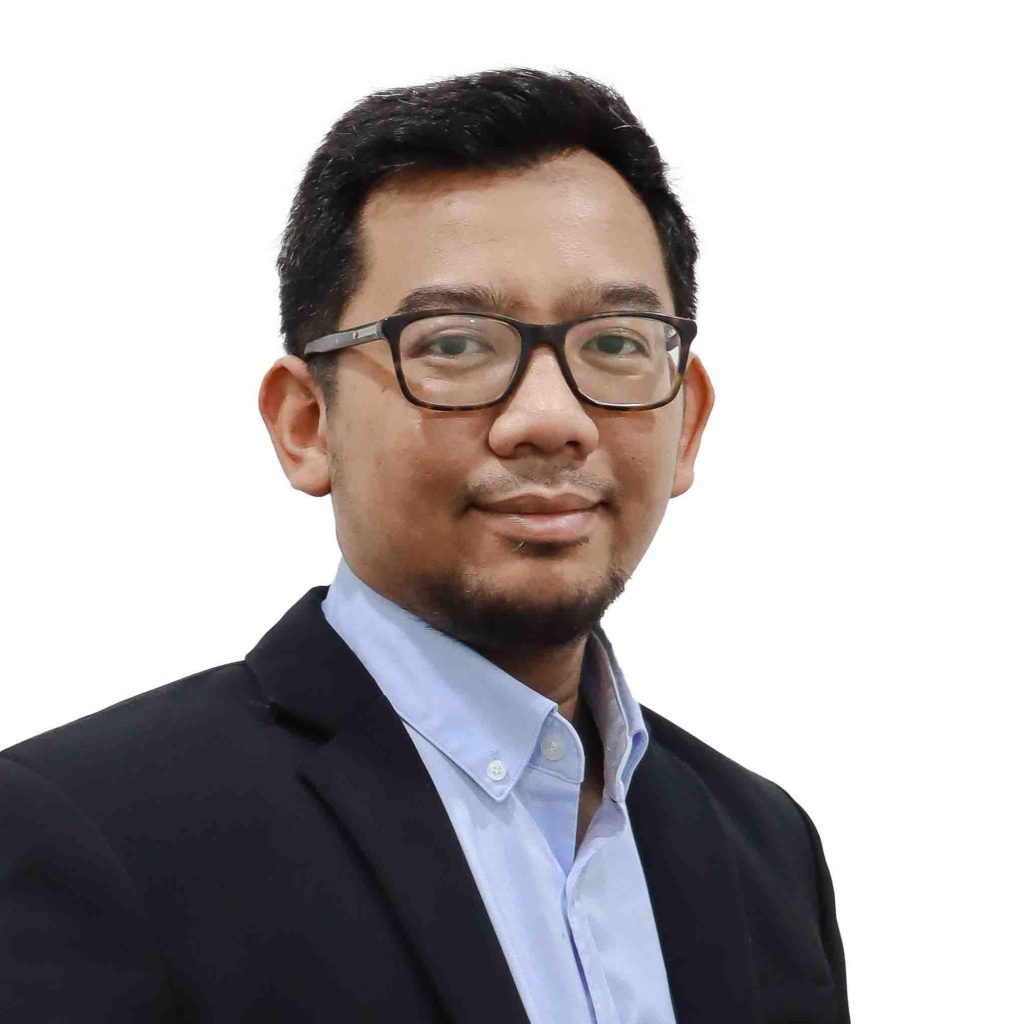
Bhirawa Anoraga, Ph.D
Member
Dr. Anoraga, PhD holder from UNSW Canberra, specializes in digital Islam, Islamic economy, and philanthropy. His research explores topics such as crowdfunding’s impact on social engagement and Islam in Indonesia. He also holds a Masters in Islamic Finance from Durham University and is keenly interested in youth and online movements.
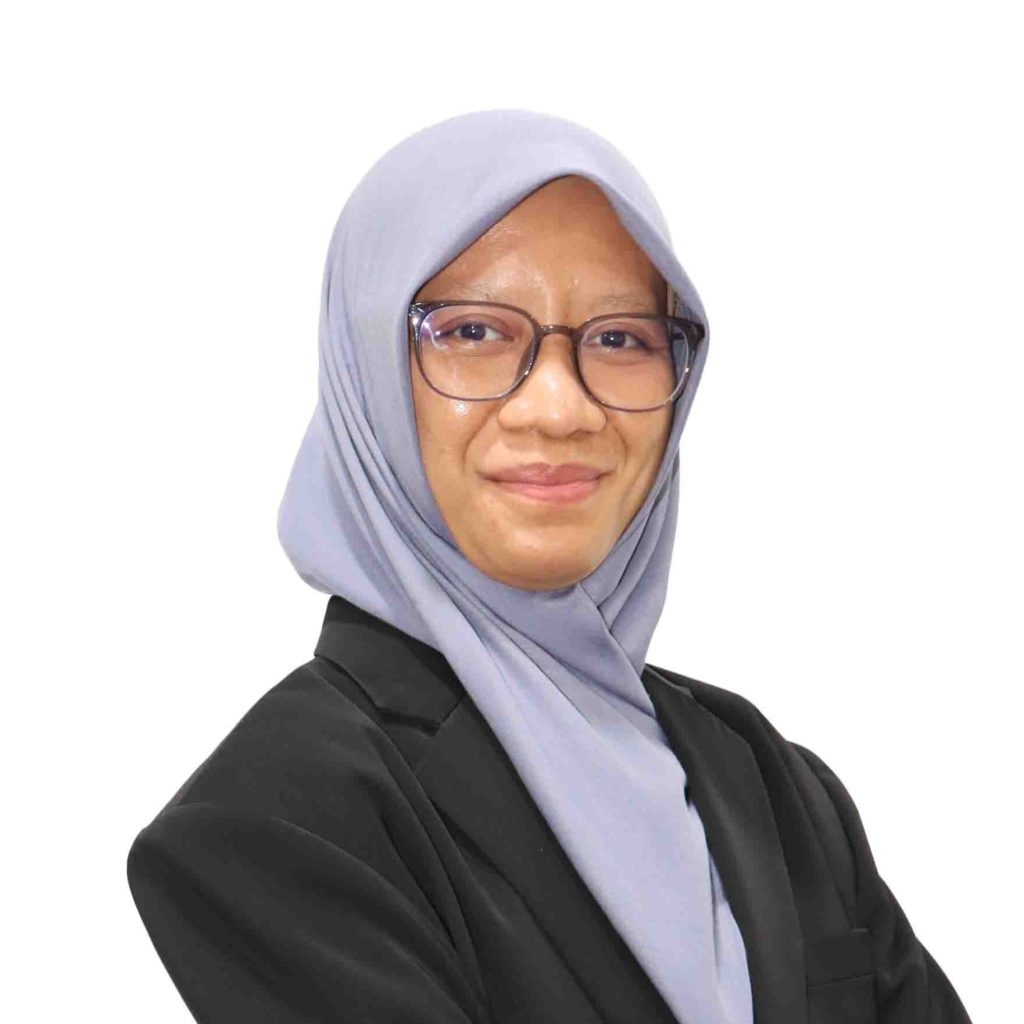
Anindhita Timika Aryani, M.Sc
Administration Officer
Anindhita Timika Aryani, is a staff at the Faculty of Islamic Studies, Indonesian International Islamic University (UIII). She completed her MA in Hospitality and Tourism Management at Sejong University in Seoul, South Korea. Before that she received her BA from Muhammadiyah University of Yogyakarta majoring in Islamic Communication and Broadcasting.
Fellows

Achraf Guennouni Idrissi
October 2024 – December 2024
Achraf Guennouni Idrissi holds a Ph.D. from the University of Debrecen, Hungary, with a concentration in Islamic intellectual history, particularly in the context of the early modern Mediterranean. He is serving as a research fellow at the Institute of English and American Studies at Debrecen, he completed his doctoral thesis on the intricate intersections between Islam and decoloniality, focusing on Islamic ambassadorial narratives and their engagement with European modernity under the supervision of Dr. Balazs Venkovits.
His current research project at the Center of Islam and Global Challenges (IGC), titled “Ethical Diplomacy in Islam: Navigating Global Challenges for Peace and Justice,” explores the confluence of ethics, politics, and Islamic thought through the lens of Taha Abderrahmane’s Trusteeship paradigm. Beyond academia, he enjoys weightlifting and reading classical literature.

Wietske Merison
October 2024 – December 2024
Wietske is a doctoral candidate at the University of California Los Angeles (UCLA), USA, specializing in environmental justice and Islamic law under the supervision of Dr. Khaled Abou El Fadl. She received her MA in Theology and Religious Studies from the Vrije Universiteit Amsterdam and her LLM in Public International Law – Human Rights from Utrecht University, The Netherlands.
At IGC, her work focuses on the issues of Islamic nutritional ethics and the global food crisis, examining the ethical complexities of industrialized meat production and contemporary forms of resistance by Muslims against this industry. As a part of her research, she looks forward to speaking and working with Indonesian farmers. Besides her academic life, Wietske is a musician, painter, and poet with a great love for birds.

Mohammad Fadel (Senior Fellow)
June 2024 – July 2024
Mohammad H. Fadel is a Full Professor at the Faculty of Law, which he joined in January 2006. Professor Fadel wrote his Ph.D. dissertation on legal process in medieval Islamic law while at the University of Chicago and received his JD from the University of Virginia School of Law.
Professor Fadel was admitted to the Bar of New York in 2000 and practiced law with the firm of Sullivan & Cromwell LLP in New York, New York, where he worked on a wide variety of corporate finance transactions and securities-related regulatory investigations. Professor Fadel also served as a law clerk to the Honorable Paul V. Niemeyer of the United States Court of Appeals for the 4th Circuit and the Honorable Anthony A. Alaimo of the United States District Court for the Southern District of Georgia. Professor Fadel has published numerous articles in Islamic legal history and Islam and liberalism.

Naveed S. Sheikh
February 2024 – March 2024
Naveed has been teaching International Relations, Terrorism Studies, and Middle East Studies at Keele University since 2005. He currently serves as the Editor-in-Chief of the international peer-reviewed journal Politics, Religion & Ideology (Taylor & Francis) and holds a position as a visiting professor at the European Interdisciplinary Studies Department at the College of Europe, Natolin campus, Warsaw, Poland. He received his MA in International Relations (Middle East Route) from the University of Durham, UK, in 1999 and his BA in Political Science and Modern History from the University of Buckingham, UK, in 1997.
His research interests encompass identity and (inter)national security, terrorism and political violence, religion and world politics, and the global politics of Islam. Naveed has completed fellowships at Harvard University (2001-2002) and Hosei University in Tokyo (2003-2004). Among his publications are “Reaction, Restoration, and the Return of Alpha-Islam: Variegations of Wahhabism from Premodern Ideas to Postmodern Identities,” in Routledge Handbook on Non-Violent Extremisms, edited by Elisa Orofino & William Allchorn, Routledge, 2023; and “Islam v. Islamic State: Charges, Arguments, and Evidence in the Islamic Case against ISIS,” in Building Diplomacy for Peace and Regional Cooperation: Disinformation and Power, edited by Adebowale Akande, Springer, 2023.

Mahmoud Ali Gomaa Afifi
December 2023 – March 2024
Mahmoud has recently received his PhD in Religious Studies from Lancaster University in the UK (2023). His doctoral thesis at Lancaster University addresses how the imams in the UK interpret scriptural texts about wifely discipline in connection with their practical treatment of wife abuse in their respective Muslim communities.
His interests include contemporary Islamic studies, Quranic interpretation, Islamic law, Islam in the UK, and Islamic feminism. Mahmoud studied his Bachelor in Islamic studies and translation at al-Azhar University in Cairo (2003), and subsequently completed a Master’s in Islamic studies at Claremont Graduate University in California (2012). He has published on the interpretation of 4:34, Islamic feminist theory, and Quranic hermeneutics. His research attempts to establish a constructive dialogue between traditional and modern scholars of Islam. He is currently working on a paper titled “The Feasibility of Developing an Interfaith Approach toward Domestic Violence in Egypt and Ethiopia.”
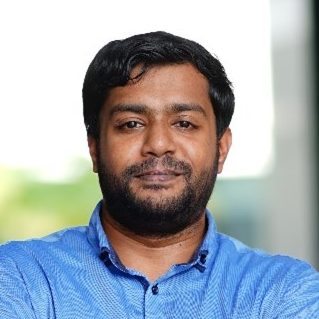
Waseem Naser
May – July 2023
He has just submitted his PhD dissertation at the Max Planck Institute for Social Anthropology in Halle, Germany within the Emmy Noether research group “Bureaucratization of Islam in Southeast Asia and its Socio-legal Dimensions”.
The dissertation, currently under review at FAU Nuremberg, was entitled “Codifying Emotions and Senses into Bodily Techniques: Personhood among Indian Muslims in Malaysia”. Prior to this doctoral study, Waseem completed a research-based Master’s degree in Economics at the International Islamic University in Malaysia, with a dissertation on the moral philosophy of Adam Smith. He is currently working on developing a postdoctoral project that would anthropologically explore the phenomenon of Islamic economics as a scientific discipline in South and Southeast Asia, focusing on notions of genre, value and ethics.
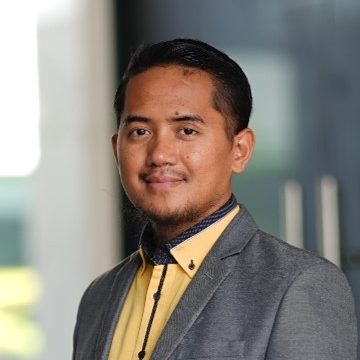
Fahmi Ali Hudaefi
April – July 2023
He received his MA from the Academy of Islamic Studies, University of Malaya (Malaysia), with a thesis on evaluating the performance of Islamic banks using the maqasid al-Shariah index. Part of his dissertation was published in two reputable academic journals, i.e., ISRA International Journal of Islamic Finance (2019) and Journal of Islamic Marketing (2022).
His professional experience includes serving as a Senior Researcher at the Center of Strategic Studies (2019 – 2022) the National Board of Zakat Republic of Indonesia (now Directorate of Studies and Development – DKPN). In this role, he performed applied Shariah research to address timely issues in Islamic social finance, e.g., zakat and SDGs, zakat during the Covid-19 pandemic, and etc. He is currently affiliated with Fakultas Ekonomi Bisnis Islam, Institut Agama Islam Darussalam (IAID) Ciamis, West Java Indonesia, where he teaches Islamic economics subjects to undergraduate students. Recently, he has developed an interest in big data analytics, particularly in text mining, where he has worked with semi-structured and unstructured data to generate actionable insights and knowledge discovery. His ongoing project as a Research Fellow at UIII explores the application of text mining in Islamic studies.
Contact
Center for Islam and Global Challenges Faculty of Islamic Studies Universitas Islam Internasional Indonesia Jalan Raya Bogor, Cisalak, Sukmajaya Depok – West Java – 16416 Indonesia
+62 (0) 21 77815302

